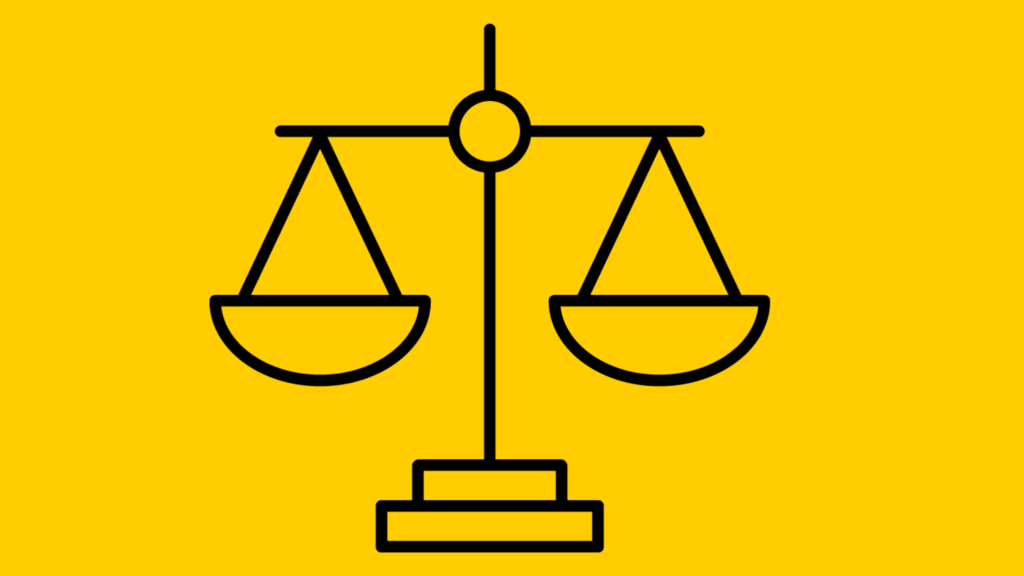The dean of students advises third-year students who are taking the bar for the first time as well as returning alums seeking admittance to the Iowa Bar. The bar exam is the final step in the transition from law student to lawyer. Registration and requirements for bar exams vary by state.
Information
Requirements and Registration
- Comprehensive Guide to Bar Admission Requirements of the National Conference of Bar Examiners (NCBE) lists rules for admission to the bar of every US state.
- NYS Bar Rule 520.18 Pathway 1 Plan addresses how Iowa Law students will meet the Skills Competency Requirement of the New York State Bar.
- Contact information and links to web sites for state bar admissions offices is available at the NCBE website.
- LLM Students
- The College of Law has prepared information about the Foreign Legal Consultant Licensure vs. Bar Admission in Iowa for people licensed to practice law in a foreign jurisdiction.
- Important Information for Foreign-Educated Applicants to the New York State Bar
Character and Fitness
In addition to a bar examination, there are character, fitness, and other qualifications for admission to the bar in every U.S. jurisdiction. Applicants are encouraged to determine the requirements for any jurisdiction in which they intend to seek admission by contacting the jurisdiction. Addresses for all relevant agencies are available through the National Conference of Bar Examiners.
Fingerprinting and Notarizing
Every state bar application will have at least one section that will require notarization. The University of Iowa College of Law has multiple notaries on campus who are happy to help you accomplish this.
In addition to notarization, some jurisdictions, including Iowa, require fingerprints along with your bar application. An applicant can get fingerprints done at The University of Iowa Department of Public Safety (https://police.uiowa.edu/). Their hours are: Monday – Friday, 8:00 AM – 4:00 PM. They strongly encourage people to call ahead (319-335-5022), as they cannot anticipate changes in staffing due to sickness, vacation or re-assignment. They do not provide fingerprinting services on weekends or University holidays. Fingerprinting is $10 for University of Iowa faculty, staff, and students at The University of Iowa Public Safety.
The Johnson County Sheriff's Office provides fingerprinting services every Tuesday between the hours of 9:00 AM-4:00 PM for a fee of $20. The North Liberty Police Department also provides fingerprinting services by appointment only between the hours of 9:00 AM-11:00 AM on Mondays and Wednesdays and 2:30 PM-4:00 PM on Thursdays. Contact both of those agencies directly for more information.
Bar Review Courses
While some employers pay for bar review courses and materials and some bar review organizations offer a discounted rate for students who register in their first year, students must plan for these expenses. Bar loans are intended to be used for expenses related to completing the bar exam.The cost of sitting for the Bar, living expenses and the cost of a bar review course. Eligibility and interest rates are determined by your credit record. For current bar exam loan lender please go to www.finaid.org/loans/privateloan.phtml. To compare interest rates and fees go to www.finaid.org/calculators/loananalyzer.phtml.
Allow at least five weeks (more if you will need a co-signer) form the date of application to receipt of funds. Bar exam loans are disbursed directly to the student, not through the university. If you have questions, contact the Financial Aid Office at 319-335-9142 or by e-mail at law-financialaid@uiowa.edu.
Bar Review Preparation
Patent Bar
- Students wishing to practice before the U.S. Patent and Trademark Office must take the patent bar exam. This exam can be taken while you are in law school and consists of a one-day, multiple-choice test.
- Visit the USPTO's web site and join the Intellectual Property Law Society (IPLS) student group for more information.
Multistate Bars
In addition to the Multistate Professional Responsibility Examination the NCBE provides the following tests used in many US jurisdictions:
- The Multistate Bar Examination (MBE) is a six-hour, 200 question multiple-choice examination covering contracts, torts, constitutional law, criminal law, evidence, and real property. The MBE is used by most U.S. jurisdictions, including every state except Louisiana and Washington. .
- The Multistate Essay Examination (MEE) is a three-hour, six-question essay examination covering agency and partnership, commercial paper, conflict of laws, corporations, decedents' estates, family law, federal civil procedure, sales, secured transactions, and trusts and future interests.
- The Multistate Performance Test (MPT) consists of three 90-minute skills questions covering legal analysis, fact analysis, problem solving, resolution of ethical dilemmas, organization and management of a lawyering task, and communication.
Make sure to check out other resources the NCBE offers such as bar admission statistics, study aids (some available online for free), and more.
Previous Bar Exams
Previous multistate tests are available on reserve in the Law Library. State-specific exam material, when available, can be found through the NCBE state-specific site. (Find the state you need and then look at its web site for details.) Additional preparatory books can be found through InfoHawk or by visiting the Law Library and asking a reference librarian for assistance.

